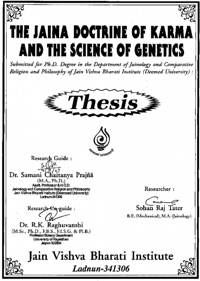The genome is an organism's complete set of DNA. Genome vary widely in size, the smallest known genome for a free living organisms (a bacterium) contains about 6000 DNA base pairs, while human and mouse genomes have some 3.0 billion bases. Except for mature red blood cells, all human cells contain a complete genome.
DNA in the human genome is arranged into 24 distinct chromosomes, physically separated molecules that range in length from about 50 million to 250 million base pairs. Each chromosome contains many genes, the basic physic and functional limits of heredity. Gregor mendel was the first to realize through extensive experiments with breeding of peas at lowest level of inheritance which is now known as a 'gene'. Genes are specific sequences of bases that encode instructions as to how to make proteins. Genes comprise only about 2% of human genome, the remainder consists of non-coding regions, whose functions may include providing chromosomal structural integrity and regulating where, when and in what quantity proteins are made. The human genome is estimated to contain 30,000 to 40,000 genes.
 Prof. Dr. Sohan Raj Tater
Prof. Dr. Sohan Raj Tater
 Doctoral Thesis, JVBU
Doctoral Thesis, JVBU